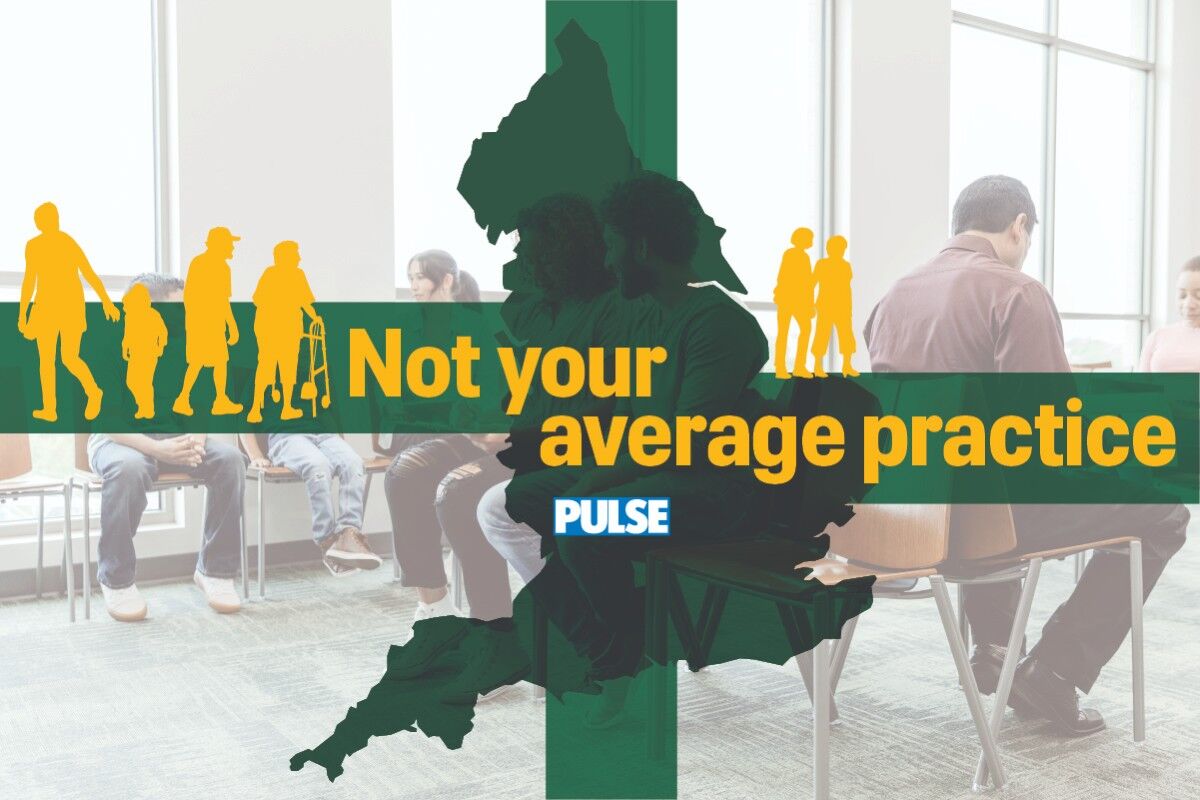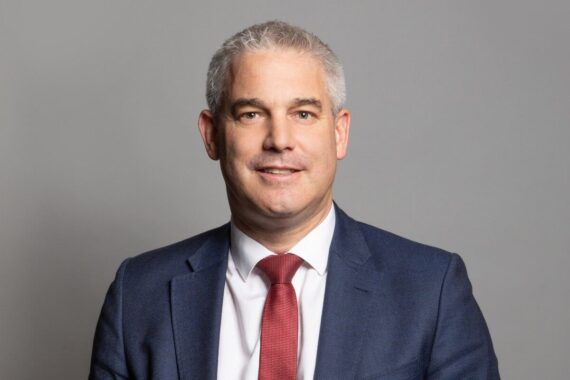The BMA’s GP Committee has said it expects the Government to impose a contract on GPs in England after talks with health secretary Steve Barclay yesterday failed.
A statement from the GPC said it ‘expects the imposition of a contract on practices, and will be discussing with GP members and the wider profession how they wish to respond’.
The latest offer from the Government provided no extra financial support to help practices cope with cost-of-living costs.
Pulse revealed details of the 2023/24 GP contract offer, including proposals to link more funding to access measures and mandating practices to offer automated access to patient records by 31 July.
It included £305m in the investment and impact fund (IIF) – the incentive fund for PCNs and an access marker added to the QOF.
This emphasis on access in the IIF and QOF is the latest in the long-running push by NHS England and ministers to place the burden of increasing access on GPs.
The current contract was introduced in 2019 for a five-year term, but there have been negotiations for minor changes throughout the terms.
BMA GPC England acting chair Dr Kieran Sharrock said: ‘We approached yesterday’s meeting in a spirit of collaboration hopeful that the Secretary of State would listen to our evidence and logic and be willing to take meaningful action to support practices and their patients when they need it most. We were therefore dismayed at his refusal to offer anything more than NHS England’s insulting offer last month.’
He said the offer provided ‘no extra help for practices’, while ‘lumping more bureaucracy and arbitrary targets on practices that only set them up to fail’.
Dr Sharrock added: ‘As far as we see it this is the end of the road for this year’s contract negotiations and we will now be entering serious discussions with our membership and the profession on where we go next.’
Last month the GPC rejected an ‘insulting’ contract offer from NHS England, saying it would risk the safety of patients and cause more GPs to leave.
The BMA warned that if the contract were imposed the GPC would consider ‘all options’ including industrial action, and a BMA working group has been set up to prepare for this and explore more radical options.
Legal experts told Pulse last month that withdrawing services for a day as a form of ‘strike’ is a possibility for GP practices, despite not being employed.
A Department of Health and Social Care spokesperson said: ‘We’re committed to supporting GPs and are incredibly grateful for the work they do.
‘The updated terms of the contract first agreed with the BMA in 2019 will ensure patients receive better care and get to see their GP quicker – allowing practices to employ more highly skilled and experienced nurses and mental health practitioners.
‘There are 400 more doctors in general practice compared to a year ago, we are delivering almost 120,000 extra appointments every day and will shortly be setting out our plans to help primary care recover further and faster with more support for staff and for patients.’











Not sign it?
Wasn’t really a negotiation then??
Doesn’t really matter. It’s to late. Primary Care in the UK is already in its ‘death throes’.
We can only hope that HMG recognise that they have blown it and call a general election for the sake of everyone living in the UK. Things can only get better 😂
Plan B needs working on again
Fine, we will just refer everything in then.
So long as it is understood that’ improved access’ does not necessarily mean to a doctor .
No one should be surprised, this has been coming for the last 10 years plus!
BMA forget your “prop up the NHS at all cost” stance, you have to work on a different model.
GP’s have been abused and treated with contempt, the government and their lapdogs in the media won’t ever admit their guilt but NHSE,CQC,GMC should look in the mirror!
The total ignorance of the value of GP will soon be seen. All those that think 80%of our work is trivia will count the cost, unfortunately the Inverse Care Law will bite big style, however it’s not our job to run the country and I suppose we get the government we deserve! Time to bail out!!
The problem is unlike junior doctors we will never get 98% agreeing to strike or stop doing certain work. What we should all do of course is not sign and open our doors to fee paying patients the next day.
Unilateral contract imposition should = unilateral contract interpretation.
GMS buys 3 appointments per patient per year and managing repeat scrips and documents. Work out how many that is per day and stick to it. Let waiting lists build up if necessary. Stop doing all unfunded work. There are other services patients can go to – they may be struggling but that is not our responsibility.
Providing universal healthcare free at the point of use is a responsibility and a problem – but it is not our problem to fix, it is the government’s problem to commission enough care. We cannot allow ourselves (and our good will and sense of public service) to be over-exploited to the point of collapse, which is what is happening now.
Also, where is Plan B that the LMCs have been asking for for 5 years?
We have incompetent self interest motivated doctors flooding to Clinical Director roles and many not fit for purpose .
However, as they line their own pockets with undeserved CD payments to the detriment of most other GPs we will not see any change in the structure of General Practice as it is the same unproductive GPs we see year after year in these roles .
These board hopping CCG/ICB /Clinical Director/ RCGP committee GPs are the source of most of the problems within Primary care and it is not simply the government to blame!
I’ve never been able to understand how the government is able to enforce a contract on independent contractors?
Is it a case of this is what is available and no discussion hence we take it or be without jobs or is there another legal loophole that is employed. Enforced seems to suggest no legal recourse as well.
Thoughts welcome.
@Fareed
It is not forced on us – people have a choice to take it or not. But people just ‘choose’ to take it.
It’s a bit like any negotiating – you can go to buy a second hand car priced at £10k, tell the salesperson that the best you can offer is £5k, take it or leave it – and it is likely that he will tell you to take a hike.
But for GPs – they say the best we can offer is 3% (or whatever) AND these changes to QOF AND these changes to PCNs – and most GPs just say – okay we’ll carry on.
@Fareed. Contract imposition after a period of “consultation” by the secretary of state for health was an agreement the GPC signed up to in the 2004 new GP contract. It was sold and meant to be only used in emergency situations but has since been used by both Labour and tories for their own ends and now seems to be becoming the norm. This was highlighted to the GPC in 2004 by various GPs including myself but the naive response was believing it would not be used as a tool the way it has been. Any contract which can be unilaterally altered is not a contract and this is what GMS2 is. You do have an option and that is to resign the contract. But if you do that there needs to be a viable plan B as most GPs will not resign given the financial risk of partnership. The BMA is the problem here as they have no interest in developing or threatening to go down the route of a plan B outside the NHS. Problem is if they don’t, then primary care as GMS2 is finished as it is being systematically defunded with all funding though PCN’s only so it is impossible now for any practice to be viable outside a PCN network where no rules apply on workload management. What a disastrous situation.
Succinct and totally correct Neo99!
Thank you BB and neo99.
Allowing that clause is like giving a child a loaded gun and expecting not to have accidents.
time for plan B..
The funding is only enough for 2 patients per year to be seen.